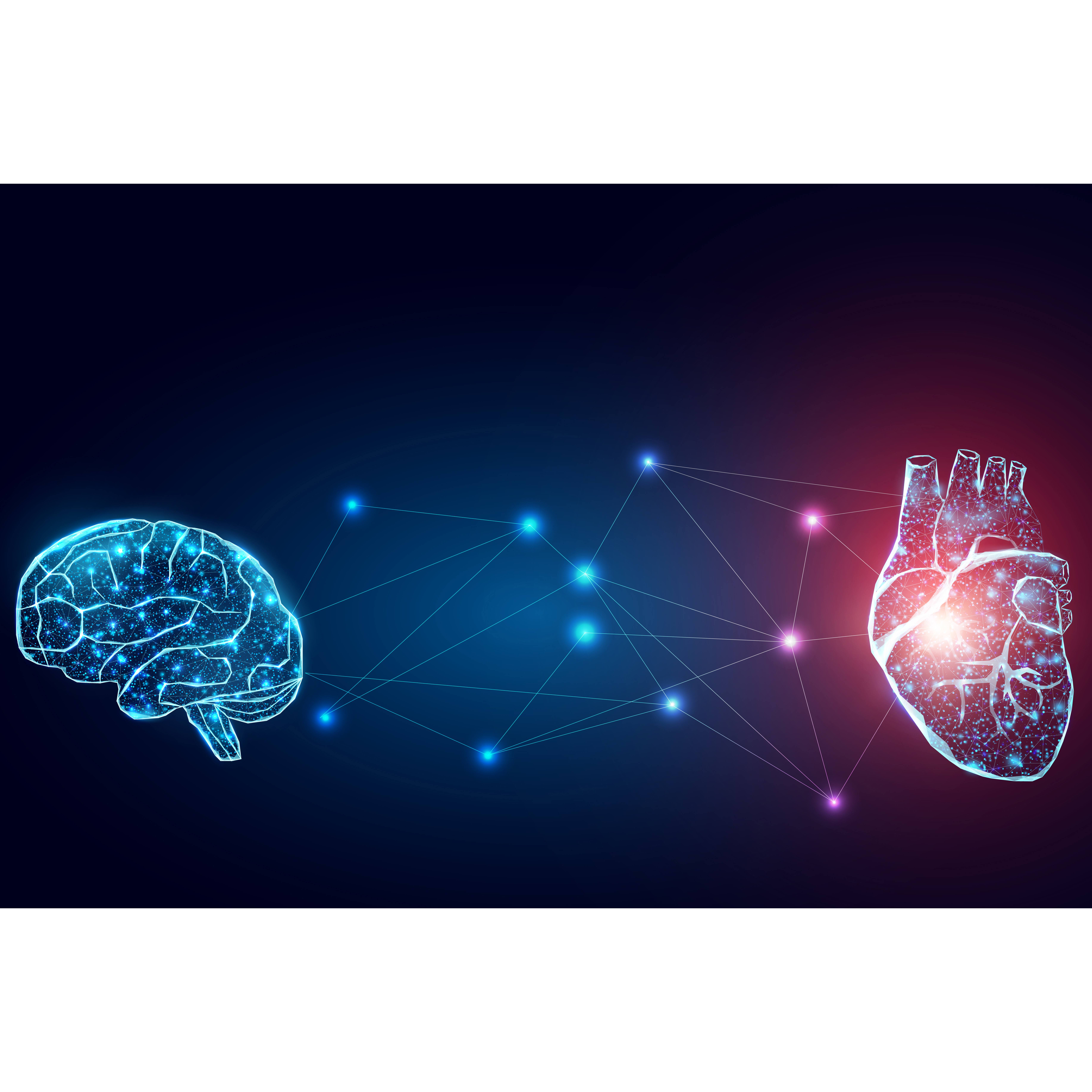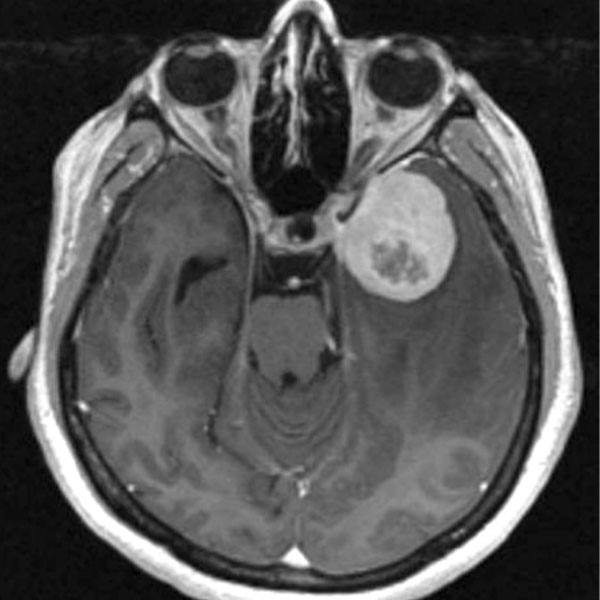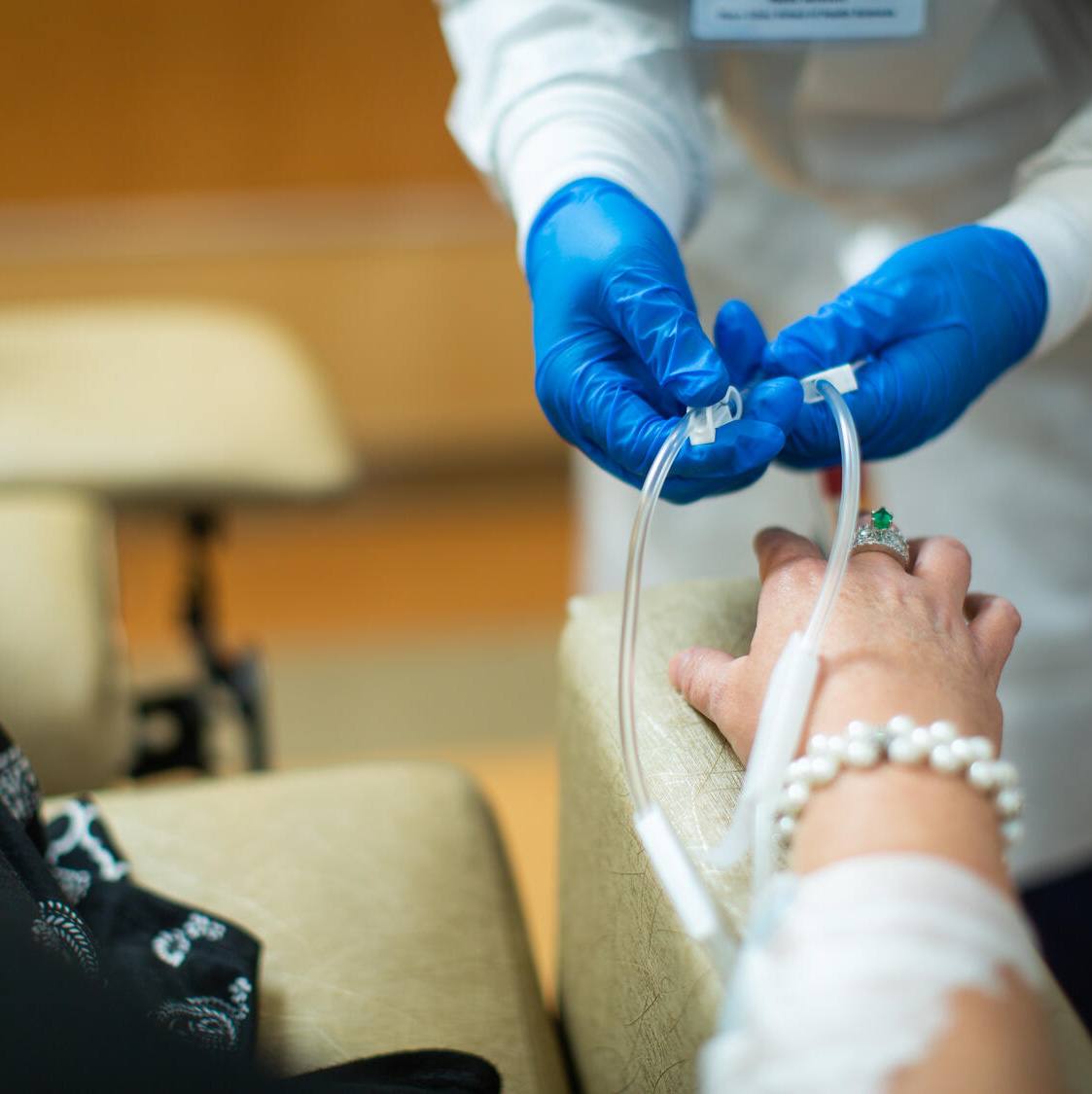-
Mayo Clinic’s Influence on Tobacco Addiction and Tobacco Policies Spans Across the Globe
Mayo Clinic's Nicotine Dependence Center Celebrates 25 years
ROCHESTER, Minn. — Aug. 28, 2013 — Mayo Clinic's Nicotine Dependence Center(NDC) in Rochester is celebrating its 25th anniversary this year. As one of the first centers in the country to focus exclusively on treatments for tobacco dependence when it opened in 1988, the NDC has been at the forefront of the battle of nicotine addictionnationally as well as globally, offering the latest education and training programs, advancing research aimed at tobacco dependence interventions and offering treatment approaches to tobacco users.
MULTIMEDIA ALERT: Video of Dr. Hurt is available for download from the Mayo Clinic News Network.
Impact of the Nicotine Dependence Center
- More than 50,000 patients from 64 countries have been helped by the programs.
- Its educational conferences, workshops and training programs have reached more than 15,000 health care professionals worldwide.
- More than 1,300 health care providers have trained and become certified Tobacco Treatment Specialists.
- More than 25,000 study subjects have participated in 110 randomized clinical trials and other research related to public health issues around tobacco, nicotine addiction, treatment approaches and drug therapy options.
- This year, the NDC hosted its 20th annual internationaltobacco conference, an event that has drawn more than 4,000 attendees over the years.
- The NDC played a leading role in the 1998 monumental legal fight in Minnesota against tobacco companies.
"As I reflect on the past 25 years, the key to our success has been the dedicated and innovative staff. The patients we see are in need of hope and help, and our team delivers care in a compassionate and motivating way," says Richard Hurt, M.D., founder and director of Mayo Clinic's Nicotine Dependence Center. "The staff is why I love to come to work each and every day."
What began as a discussion over lunch between Dr. Hurt, a former three-pack-a-day smoker, and a colleague about the lack of services to offer hope and treatment to tobacco-dependent patients is now a comprehensive treatment program that has helped more than 50,000 patients from 64 countries.
The program offers the latest approaches for a tobacco-free life life to outpatients, patients in the hospital and during an intensive eight-day Residential Treatment Program. The success rates from these approaches show they are effective: 23 to 27 percent for patients who receive outpatient counseling; 32 percent for patients with individual bedside counseling and 52 percent for patients who completed the residential treatment program.
The NDC has paved the way in innovative treatment programs for tobacco users, supporting both its patient care and education programs with critical findings from the tobacco research team. This research supports the study of medications to help people quit tobacco, as well as studies on behavior therapy, causes of nicotine dependence, cost-effectiveness of treatment, and treatment outcomes. Some of their recent studies have showed that smoke-free workplaces reduce heart attacks; nicotine lozenges, tobacco-free snuff help smokeless tobacco users quit and residential treatment programs help with smoking relapse compared to standard outpatient treatment. The team is also using nicotine-dependent zebrafish to study addiction and the biological effects of nicotine.
This year marks the 15th anniversary of the Minnesota Tobacco Trial that led to many efforts nationally as well as globally, including the world's first global public health treaty — the Framework Convention on Tobacco Control. Dr. Hurt was the state of Minnesota's first witness in the tobacco trial — an historic event that transformed the way tobacco is looked upon throughout the world. Dr. Hurt examined thousands of pages of secret documents from the tobacco industry that were uncovered as part of the trial.
"The documents revealed that the tobacco industry had known for five decades that their products killed people," says Dr. Hurt. "They knew it was addictive. They knew smoking led to serious diseases like lung cancer. It was bad enough they hid these findings, but the documents revealed that they had actively worked to make cigarettes even more addictive." Dr. Hurt says preventing the expansion of tobacco dependence globally is critical. There are countries that want to return to the era before cigarettes because they recognize that cigarettes are a deadly product. "In New Zealand, they have a proposal to end tobacco use by the year 2025; they are calling it the 'end game.' Australia, Tasmania and Scotland are considering the same thing. These countries are very progressive in considering this for the lethal product that it is and eliminating it from our society," says Dr. Hurt. "Once that begins to happen in some countries, it will catch on in others because the economics of it are such that health care costs go down and all kinds of other very positive things happen if you reduce smoking rate to zero, and that's their goal in New Zealand, is to reduce it to zero."
Worldwide, tobacco kills 6 million people each year, according to the World Health Organization. That number is increasing and Dr. Hurt and colleagues from Mayo Clinic and the American Cancer Society have expanded their knowledge of tobacco dependence abroad through Global Bridges, a science-based initiative to help health care professionals treat tobacco dependence and advocate for effective tobacco control policies. Currently, Global Bridges has programs in the Middle East, Africa, Latin America and Europe.
"We have teams actively training thousands of health care professionals but also showing them how to become advocates for tobacco policy. We've got a lot more work to do, and we're hopeful to have an effect on tens of thousands, if not millions, of people across the globe," says Dr. Hurt, who is chair of the Global Bridges Executive Team.
"We are proud of the thousands of patients we've helped stop smoking, but realize many were unable to stop and died of tobacco-caused diseases," says Dr. Hurt. "That is why our research and innovation is so important. It will guide us to better treatments in the future. Our education programs will have a multiplier effect on hundreds of thousands of patients throughout the world as we teach others what we know and encourage them to be teachers, too. Who would have ever imagined?"
###
About Mayo Clinic
Recognizing 150 years of serving humanity in 2014, Mayo Clinic is a nonprofit worldwide leader in medical care, research and education for people from all walks of life. For more information, visit 150years.mayoclinic.org, www.mayoclinic.org and newsnetwork.mayoclinic.org.
MEDIA CONTACT:
Kelley Luckstein, Mayo Clinic Public Affairs, 507-284-5005, newsbureau@mayo.edu







